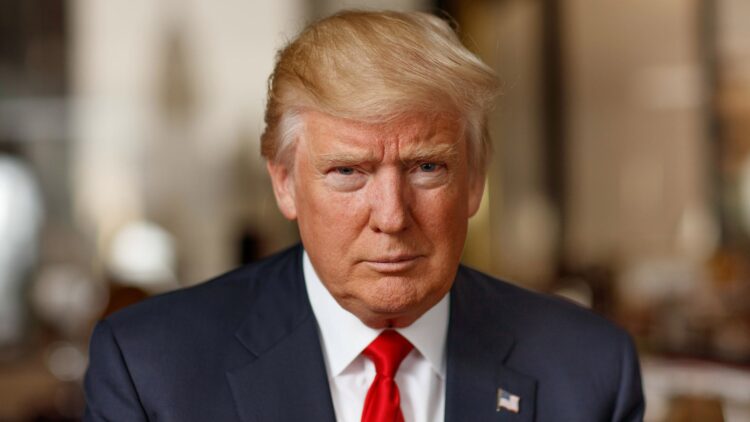By Aaron Miller-
The US supreme court will hear oral arguments on Thursday about the eligibility for Donald Trump to run for president.
The key finding to result from this hardly fought case is whether the 14th amendment to the constitution prohibits Trump from holding office because of his conduct on 6 January 2021.
Section 3 of the amendment says that any member of Congress or officer of the United States who takes an oath to protect the constitution and then subsequently engages in insurrection cannot hold office.
That ban, the amendment says, can only be overridden by a two-thirds vote of each house of Congress. The words make very interesting reading, even as both camps seek to battle to enforce their perspective on how the case must go.
The 14th amendment has never been used to challenge the eligibility of a presidential candidate until now.
After a group of Colorado voters lodged a suit under the law in 2023, relying on the theory to try to disqualify Trump from the ballot, a Colorado district court judge ruled that Trump had committed insurrection, but was not disqualified because he was not an officer of the United States.
The Colorado supreme court reversed that ruling in December, removing Trump from the ballot in a 4-3 decision. Now, the battle lines have been drawn, with prosecutors seeking to fully explore the question of what constitutes an ‘officer’ in the statute at hand.
Trump’s lawyers argue that the 14th amendment cannot be enforced without implementing legislation from Congress, and also that Trump’s action did not amount to insurrection.
They say the Colorado supreme court cannot invent its own criteria for running for president, nor can it interfere with the method the legislature has chosen for selecting presidential electors.
Lawyers for the six Colorado voters attacked the idea that the term office in the statute does not refer to the president.
In their written submission about the case, they wrote:
‘The Constitution says the Presidency is a federal ‘office’. The natural meaning of ‘officer of the United States’ is anyone who holds a federal ‘office’. ”
They also point out that Trump’s conduct on 6 January would have clearly been understood to amount to insurrection by the framers of the 14th amendment. “The original public meaning of “engag[ing] in” insurrection extends to those who organize and incite it,” they wrote.
Thursday appears to be a potentially dramatic day for the American public, especially for politicians across the U.S. Its eventual ruling could be very decisive in determining Donald Trump’s fate in this matter.




